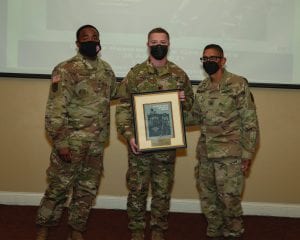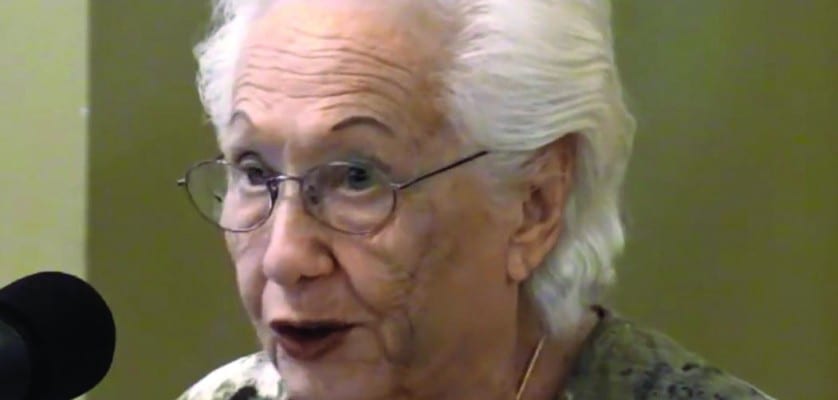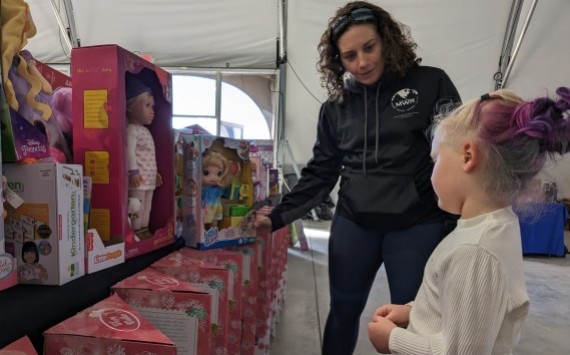FORT IRWIN, Calif. — The National Training Center and Fort Irwin’s EEO/EO Program hosted its monthly observance, titled “Days of Remembrance” on April 28 at the Sandy Basin Community Center.
The theme for this year’s remembrance was, “Lessons from the Holocaust: Acknowledge, Preserve and Honor” in memory of the liberation of Nazi concentration camps.
Approximately six million Jews and some five million others were killed in a mass murder of millions by the German Nazi regime in the Holocaust between 1933 and 1945.
The anti-Semitic Nazi leader Adolf Hitler thought Jews were an inferior race and constructed mass killing centers in the concentration camps of Poland.
American, British and Soviet soldiers liberated concentration camp prisoners.
The Dental Clinic Command Team helped sponsor the event and the DENTAC Commander, Col. Elliott Bermudez-Colon, opened up the event, calling the acts senseless and divisive.
“The memory of those who were lost in the Holocaust will never stray from memory as long as knowledge of the event occurred,” he said.
Spc. Bryce Harris recited an essay to acknowledge, honor and preserve the victims of the Holocaust.
Organizers played a video of Holocaust survivor, Renee Firestone and she told her story of being a prisoner and slave laborer in Auschwitz concentration camps.
“When the German Army marched in, they rounded us up, put us into a ghetto for two weeks and then immediately deported us to the largest extermination camp called Auschwitz-Birkenau in Poland where my mother was murdered on arrival in a gas chamber and my 16-year-old sister and I were separated from our father,” she said.
She described the day a decorated Russian officer showed up at the camp gate and offered to get them food. He turned out to also be Jewish.
 “Someone shot a horse and he brought the meat, which the women cooked into a stew, Firestone said. “That was the first meal I ate in my 14 months of incarceration.”
“Someone shot a horse and he brought the meat, which the women cooked into a stew, Firestone said. “That was the first meal I ate in my 14 months of incarceration.”
Once she was free, she found her brother who was a freedom fighter and they soon learned their father was dying of tuberculosis. They buried him in a cemetery in Prague and put their mother’s and sisters’ names on the headstone, so there would be some memory of them.
Firestone eventually got married, had a baby and, in 1948, came to America to begin a new life.
“I was very lucky in this country. I became a quite famous fashion designer earning many awards and accolades.”
One day, she was asked to tell her story and she was hesitant at first.
“I realized that the world really needs to hear the stories of the Holocaust in order to ensure that the Holocaust will never repeat itself, that it should not be forgotten,” she said.
She left her fashion job to dedicate her life to telling these stories and continues it 40 years later.
“I still speak all over the United States and Europe, hoping that the world can understand the lessons we learned from the Holocaust—that everyone will remember that we must respect each other, help each other and treat each other with kindness,” Firestone said.












